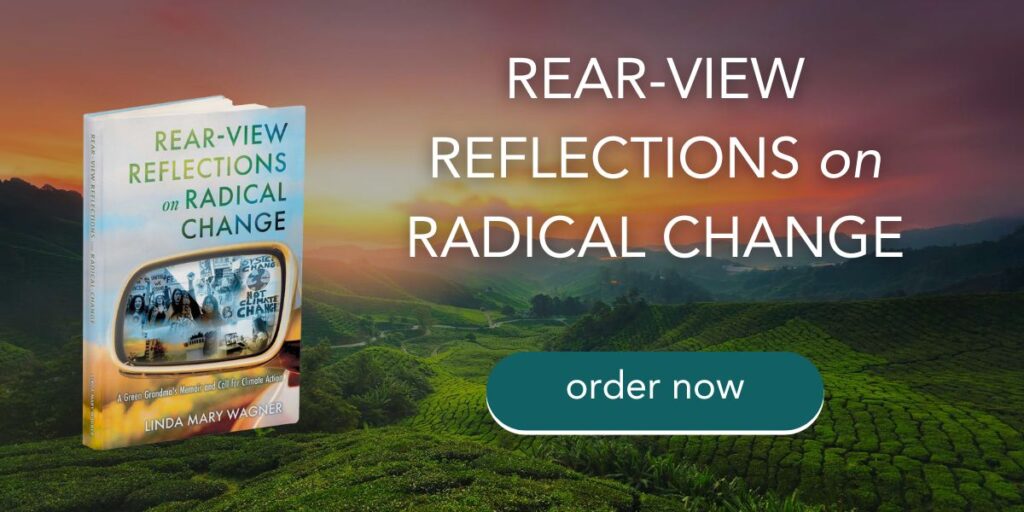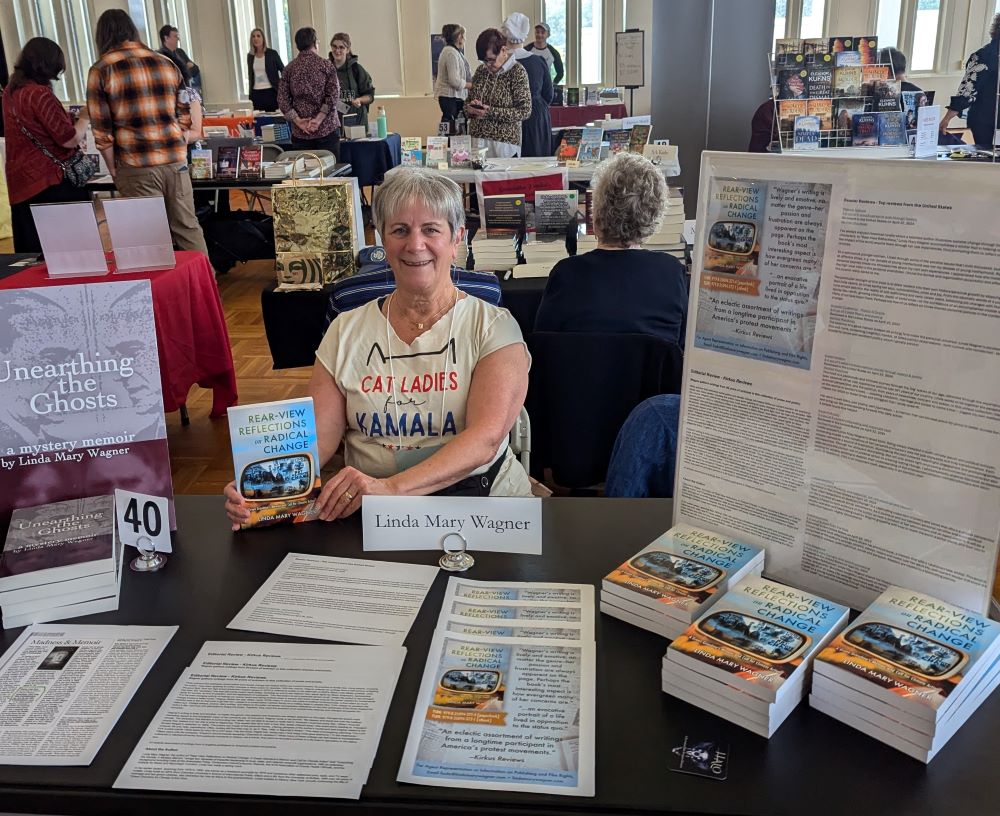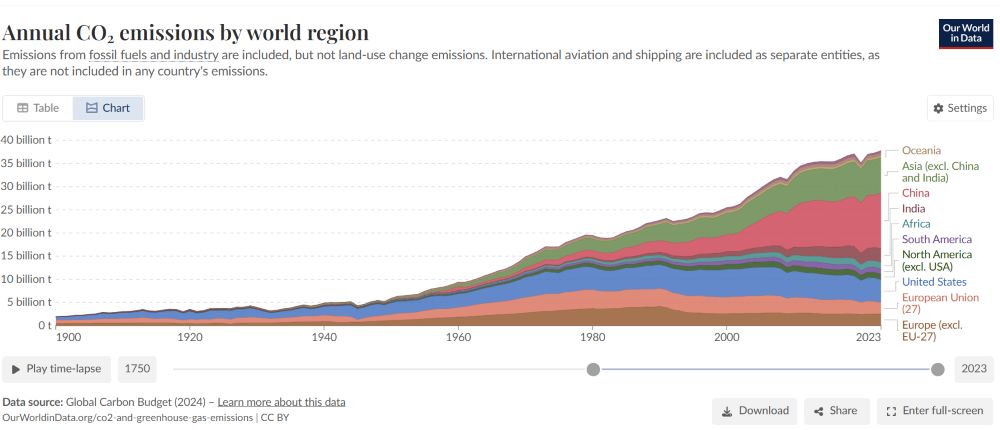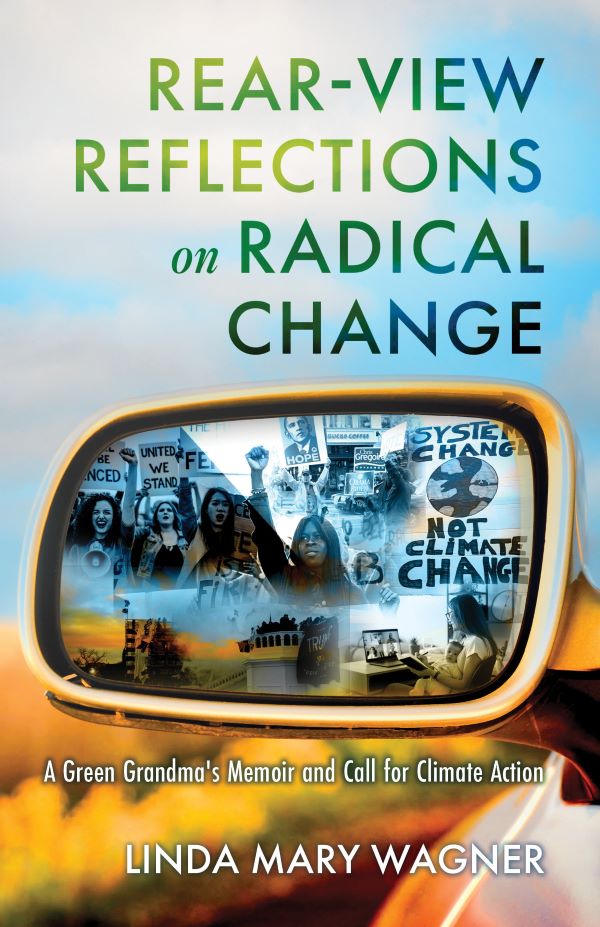Despite the sharp rightward shift of many governments around the world as 2025 begins, we can keep climate hope alive. The rightward shift corresponds with fossil fuel industry efforts to sway national policies and voters. But action to halt greenhouse gases will continue in state, local, and private sectors, and in those nations that have prioritized climate action.
States Take Action to Keep Climate Hope Alive
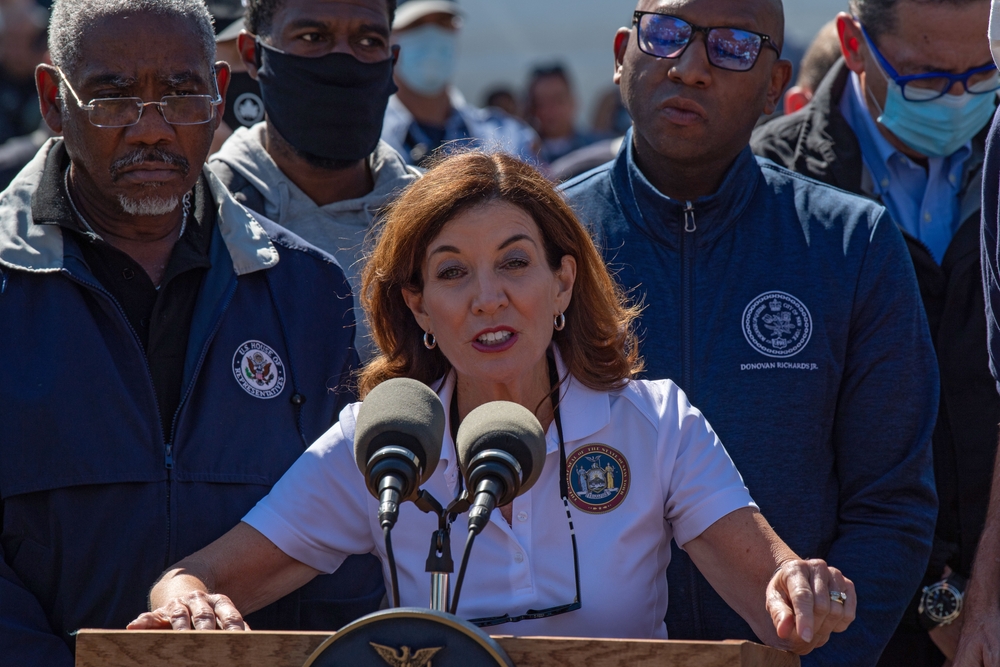
Just before 2024 ended, a major policy development at the state level was signed into law by the Governor of New York. As The Hill reported, Hochul signs law requiring fossil fuel companies to pay for natural disaster cleanup. “Under the new state law,” the article states, “companies responsible for the bulk of emissions from 2000 to 2018 will be on the hook for some $3 billion a year over the next 25 years. The law is modeled after the federal Superfund law, which sticks the bill for pollution cleanup with the companies responsible for the pollution.” Vermont had already passed a similar bill. Of course, the fossil fuel industry and its allies will fight the laws in courts, while other states are also considering passing such legislation.
North Carolina Keeping Climate Hope Alive

The November 2024 election led to a new Democratic Governor and Attorney General in North Carolina, and the loss of a Republican supermajority in the state legislature. There are many challenges for environmental advocates in the state, but they plan to carry on.
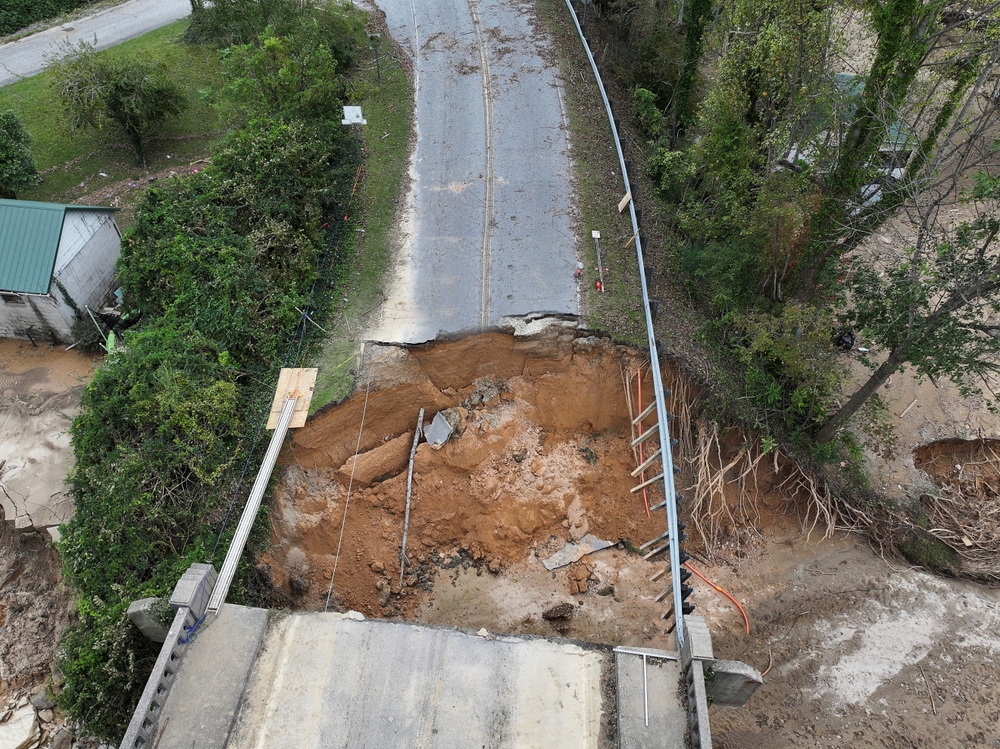
This story by Inside Climate News includes a spotlight on Dan Crawford, director of governmental relations at the N.C. League of Conservation Voters. “Crawford grew up in the mountains near Asheville, a majestic area flattened in September by Hurricane Helene, a historic storm supercharged by climate change. As he makes the rounds of legislative offices, he’s thinking of ways to persuade state lawmakers that wetlands, rivers and forests are worth protecting, that climate change is happening right now, to understand the environment’s value beyond a balance sheet.”

Learn more about the challenges that advocates in NC face in the full article: North Carolina’s Climate Activists Brace for Trump’s Return.
New tech brings climate hope for EVs
Another encouraging report from Inside Climate News focuses on technological improvements in electric vehicles. Improvements to Electric Vehicles Ease Concerns About Range Loss in Cold Climates points out that features like heat pumps, which prevent significant drops in range, are now standard on newer models.
Insurance makes climate costs very real
One industry making it clear that climate change has an enormous cost is the insurance industry. Anthropocene covered this impact in its report, Can insurance as we know it survive climate change?
The article starts out with new industry jargon, “’Nat Cats’ sound fuzzy and adorable. They’re not. Hurricanes, wildfires, flooding, extreme heat, and other natural catastrophes are now so common that the insurance industry has given them a cutesy nickname. In the year to September, the world experienced at least 51 separate Nat Cats that each caused a billion dollars or more in losses—nearly twice as many as a decade ago.”
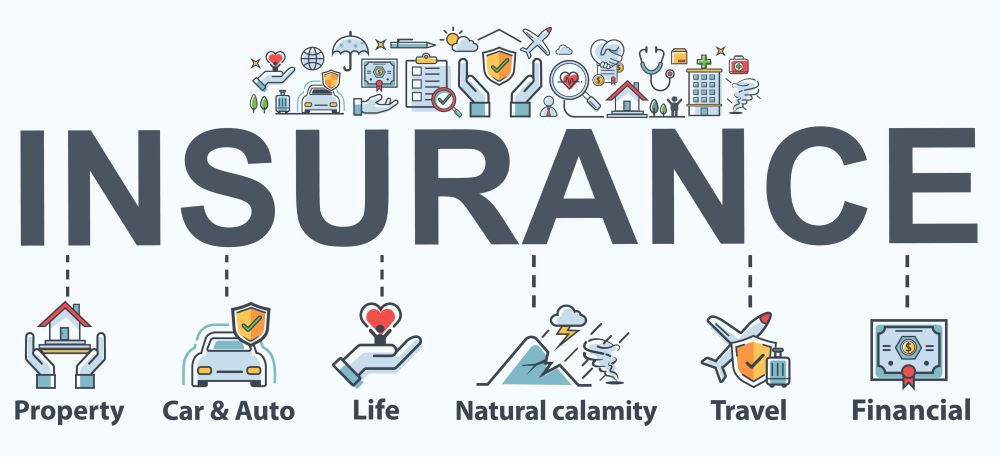
The article goes on to point out how the industry has reacted. “In this informative op-ed at The Conversation, business professor Andrew Hoffman from the University of Michigan lays out the challenge: ‘Seven of the top 12 insurance carriers have either cut existing homeowners policies or stopped selling new ones in the wildfire-prone California homeowner market, and an equal number have pulled back from the Florida market due to the increasing cost of hurricanes.’ That has led to the emergence of “insurance deserts,” where commercial insurance is not available at any price.”
While the loss or high cost of insurance coverage has a disastrous impact on property owners, it drives home the catastrophic financial reality of continuing our dependence on fossil fuels. How we can maintain insurance protection while building its costs into our economy is both a logistical and political challenge.
Keep the faith. Keep hope alive.


